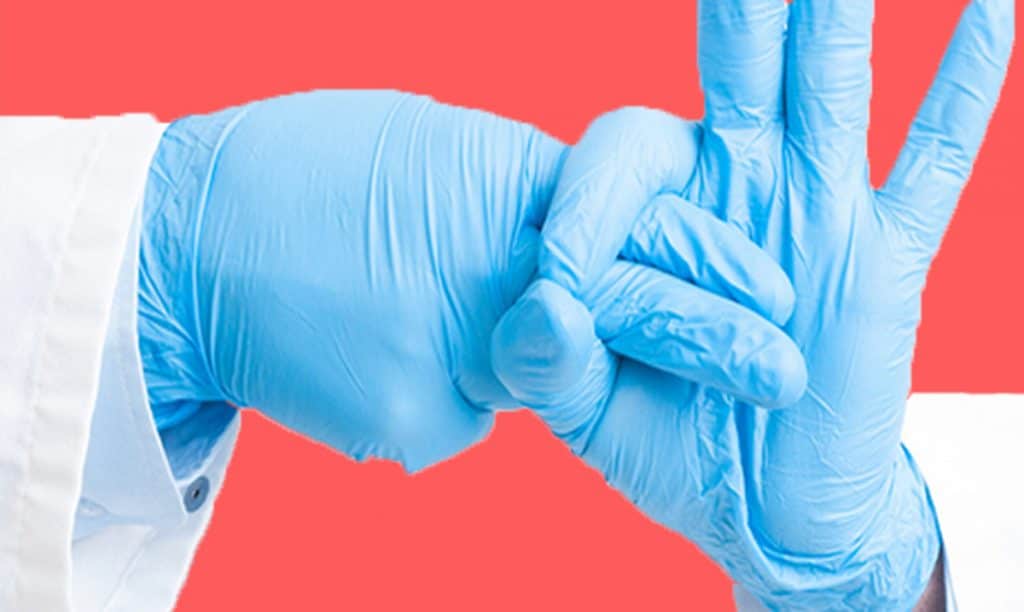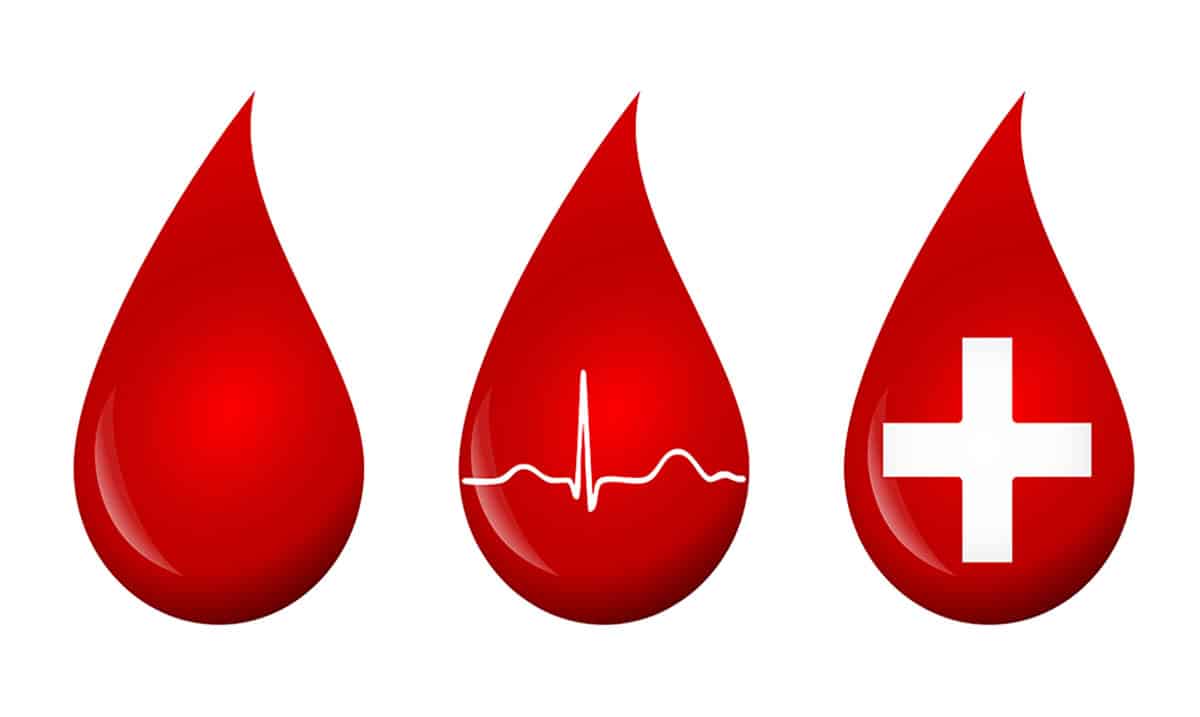When you wank your Johnson you might feel a little bit guilty, but it’s perfectly normal. And it is actually really good for your health to ejaculate on a regular basis.
As a man, we have to be concerned with the health of our prostate. We definitely don’t want to acquire prostate cancer. Prostate cancer is becoming more and more popular, and there are some easy – and enjoyable – ways to prevent it. Other than skin cancer, prostate cancer is the most common kind of cancer in American men. The American Cancer Society estimates that there will be about 161,360 new cases of prostate cancer this year. They also estimate about 26,730 men will die from it. That’s some serious statistics and a lot of people. There is no reason that might not be you. However, there is one science-backed way to preventing prostate cancer. It’s rather enjoyable too.
You might not think there are many benefits to be obtained from masturbating, but there actually is. About 1 in 7 men will be diagnosed with prostate cancer in the United States. It is most common in men over the age of 65, and it is rare before the age of 40. Masturbating is science backed and proven to be able to prevent cancer by several different studies. No matter what kind of context you are ejaculating in (sex, alone, or wet dreams) you are easily preventing the formation of cancer in your prostate gland.
According to a 2016 study published in the Journal of European Urology, you need to be ejaculating quite frequently. They surveyed 32,000 men from 1992 to 2010. They found that participants who reported ejaculating at least 21 per month have a lower chance of getting prostate cancer than those who reported ejaculating only 7 times per month.
It has also been shown that frequent ejaculation in your forties reduces your risk of getting prostate cancer by 22%! “While our findings should be confirmed in studies that evaluate the potential biological mechanisms underlying the observed associations, the results of our study suggest that ejaculation and safe sexual activity throughout adulthood could be a beneficial strategy for reducing the risk of prostate cancer,” Jennifer Rider, lead author of the study, said in a press release.



